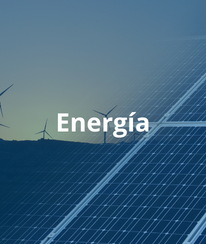The arrival of 5G technology will boast one of the great technological transformations of history, completely changing the way we navigate and our experience with the Internet.
As we know, Spain is the only European country that has two digital hubs (technology company centers), in Madrid and Barcelona, which are also among the ten European cities "with the highest number of entrepreneurs and investment rounds", which will facilitate their leadership in the 5G revolution, says Carlos Grau, director of the Mobile World Capital (MWC) foundation.
Although it is said that the arrival of the 5G will be in the 2020, you can already see what will be the most significant changes, taking into account the 4G technology that we are living.
- More data: the capacity of the network is again increased to support the transmission of data. It is assumed that the traffic will multiply up to 100 times more connected devices.
- More speed: the telephony that we currently know would change, redefining the Internet experience when browsing from a mobile phone, since the speed will be between 2 and 20 Gbps, that is, the speed of 4G multiplied by 8.
- Lower latency: less time in the execution of an order by a device once the signal is sent. The response time would be exactly between 1 and 10 seconds (4G technology takes about 40 seconds). In practice, this would mean enjoying virtual reality games, operating machinery from a computer, driverless vehicles, etc.
- IoT: although with 4G it is already possible to connect devices to each other, the reduction in latency and the connection capacity offered by 5G networks will be the definitive accolade of the Internet of Things, giving rise to a world in which household appliances, wearable , cars, computers and terminals in general will be fully connected, contributing in a definitive way to the development of Smart Cities.
The main concern of 5G is security. For a greater number of connected devices and data transmission, less privacy and security. For that reason, the entities in charge work hard to establish the standards that will act as "guard dogs" of the 5G networks, providing confidentiality and protection of the data transmitted on these networks by billions of users.


















